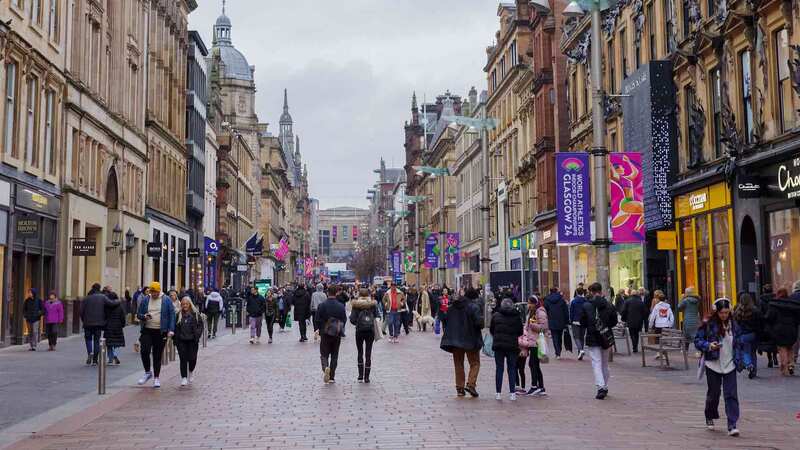You are viewing your 1 free article this month. Login to read more articles.
US indie bookshop numbers soar
The news coming from the American Booksellers Association at BookExpo America (BEA) is that there’s been a net increase of 660 independent stores since 2009 – a reflection if ever there was one of the growing power of localism in the US.
Although slightly fewer booksellers have come to Chicago than were in New York last year – due in part to growing popularity of ABA’s Winter Institute - two-thirds of those gathered here, according to c.e.o. Oren Teicher, haven’t attended a BEA for quite some time, so publishers are meeting a very different mix. That’s good - with a lot more participation from the Midwest, and probably from the West Coast as well.
In 2004, the last Chicago BEA, localism was “in its infancy,” Teicher noted, but a small group of booksellers in the forefront helped create the movement, and make “booksellers and localism one and the same.” To empower retailers “to work in your communities, to grow and expand the movement,” the ABA invited activist and author Stacy Mitchell, co-founder of both the Institute for Local Self-Reliance and Advocates for Independent Business, to keynote.
In her overview, Mitchell detailed the “huge growth” in farmers’ markets, craft breweries, etc., and of millennials’ penchant for shopping as social experience. She spoke of “policy victories”: cities mandating local purchasing preferences, and more states charging sales tax for online purchases, with the state of South Dakota “leading the fight” to get the Supreme Court to re-examine the issue of online sales tax at a national level.
Yet she also sounded alarms – how do we make localism a broad part of the mainstream when there is such enormous consolidation within the economy?
Amazon, not Walmart, is the largest retailer in the US, measured by market capitalisation and fuelled by Wall Street. In 2009, 18% of people who were looking to buy something online started their search by going to Amazon; today, nearly half start there. So many stores face “a Faustian choice,” whether they “give in” and become third-party sellers on the Amazon site.
Mitchell likened dealing with Amazon to dealing with the railroad barons in the 19th and early 20th centuries. So what to do?
“We need to leverage new economic scholarship that shows consolidation is driving the biggest challenges, like the gap between rich and poor, and not creating jobs,” to make the case that “we need a more entrepreneurial economy of small-to-mid-size businesses.” Only half as many new businesses are being created in the US today as were started in the 1970s, Mitchell noted.
She talked of a better-defined localist policy agenda, to revive anti-trust efforts. “We need to address the matter of Amazon being gatekeeper.”
Expanding access to credit is essential, and consolidation in banking has made it harder. Sixty percent of loans for small businesses now come from the 20% of the banking sector made up of small banks.
And, not least, “we have to engage with customers in their role as citizens.”
Characterising customers as a “hugely untapped resource,” she urged booksellers “to talk to them more about Amazon, and engage with them as advocates.”















